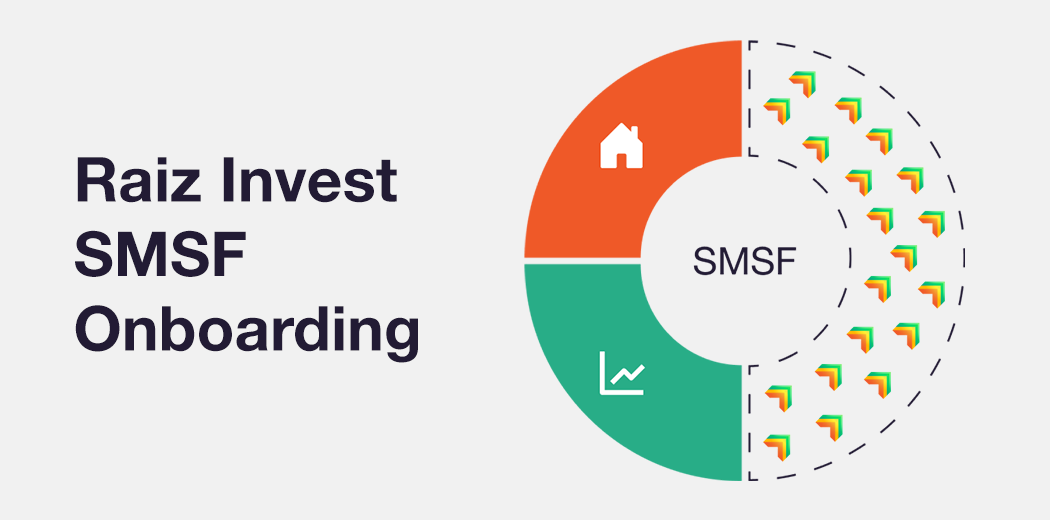
18-05-2021
George Lucas, Raiz Group CEO
The biggest market developments this week were out of the US, which saw equity prices tumbling and bond yields rising. However it’s unlikely this pattern will last for long.

18-05-2021
George Lucas, Raiz Group CEO
The biggest market developments this week were out of the US, which saw equity prices tumbling and bond yields rising. However it’s unlikely this pattern will last for long.



The Australian budget is out, and there are three measures targeting home ownership in financial year 21/22, which is fantastic news if you are looking to get on the property ladder!



It’s a question with no exact answer. But it is an important question nonetheless, and one you should consider asking yourself from time to time. Just like everyone has different savings and investment habits, everyone has a different lifestyle, meaning the estimate of the amount needed for a comfortable retirement will vary according to the expected lifestyle of the individual or couple.



Choosing another Super fund that suits you better can feel so overwhelming that perhaps you keep putting off the decision to research different funds.



As 2021 unfolds, Raiz’s decision to offer customers the opportunity to select their own asset weightings inside their portfolio is proving timely, with more than 8,000 taking advantage of our Custom Portfolio option.



Written by Ben Nash, financial advisor and founder of Pivot Wealth.
Raiz Home Ownership have partnered up with Pivot Wealth and General Assembly to deliver a series of free online property focused money education events to make buying a home or investment property more straightforward. Events in the series can be found here.
— — —
The growth in the Aussie property market has been huge in recent years, with the average house price up over 400% since the 1990’s. The strategy of buying property is something that has proven successful across several decades, but what strategy is best in 2021?



Investing can be like taking a leisurely drive somewhere. You have a degree of control in the journey, but every now and then you could encounter something that either speeds it up or slows it down. But now imagine you are driving aimlessly, with no purpose, and no sense of direction. How are you meant to know where to go if you have no plan and no route?



12-04-2021
George Lucas, Raiz Group CEO
This week saw two of the most influential Democratic lawmakers on US tax policy — Ron Wyden chair of the Senate finance committee and Richard Neal chair of the House ways and means committee — back a new plan by the Biden administration on global corporate taxation.



We’re all about helping our community along the path to owning a home, and one of the first steps to achieve this is to find ways to accelerate your home deposit. To help grow your deposit even faster, there is a Government scheme which may help you; the first home super saver scheme (FHSS).



Here at Raiz, we are focused on helping you and all Australians automate their saving and investing for the long term, to help provide more more choices and and more lifestyle freedom. As our community move along their investment journey, we want to help assist each one of you every step of the way.